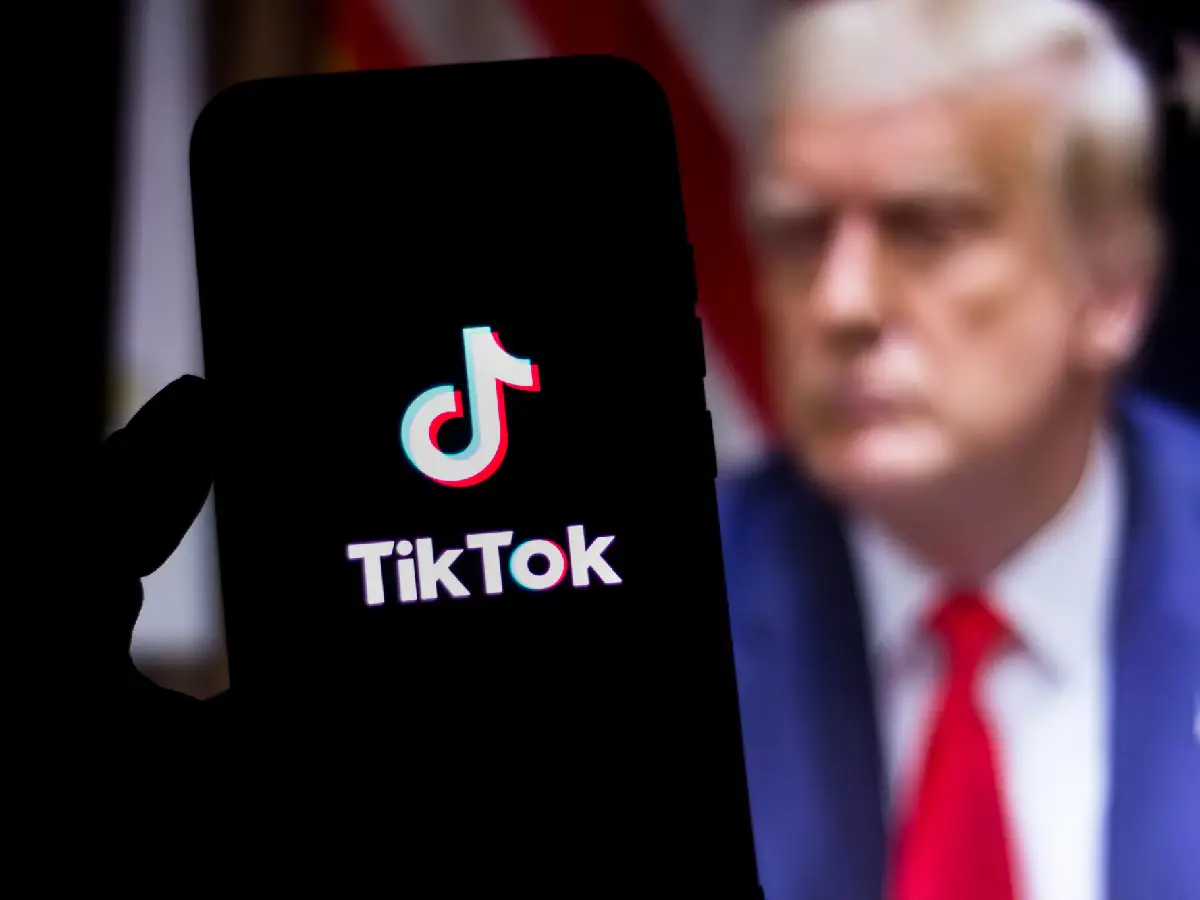As the clock ticks down, TikTok, the popular video app, is facing a critical deadline. By Saturday, the company must address governmental concerns by restructuring its ownership, as mandated by U.S. federal regulations, or it risks being banned across the country. This development highlights the ongoing complexities of digital security, business operations, and international relations in the increasingly connected technology sector.
TikTok, owned by the Chinese tech giant ByteDance, has been under intense scrutiny from U.S. officials who argue that its current ownership poses a national security risk due to potential ties to the Chinese government and the possibility of data privacy issues. The app, known for its short, engaging video content, has amassed over 100 million users in the United States alone, becoming a cultural phenomenon particularly among younger audiences.
The U.S. government’s ultimatum to TikTok is rooted in concerns that user data — ranging from personal information to browsing habits and location data — could potentially be accessed by Chinese authorities under existing laws in China that compel companies to cooperate with intelligence work controlled by the Communist Party. Such fears are not unfounded, given the past instances of data misuse by other tech entities linked with different governments worldwide.
Despite repeated assurances from TikTok that user data is protected and stored outside of China, federal officials have remained unconvinced. The impending ban, unless TikTok divests its U.S. operations to an American company, is a step considered necessary to address these persistent concerns about espionage and data theft. Negotiations and discussions have seen names like Microsoft, Oracle, and even Walmart surface as potential buyers for TikTok’s U.S. assets, indicating the strategic interests and valued business potential of the app’s vibrant user base and innovative content algorithm.
The deadline does not solely signify regulatory actions but opens wider discussions on the intersection of technology, privacy, and national security. It underscores the broader tensions between the U.S. and China, with technology firms increasingly finding themselves at the crossroads of geopolitical conflicts. These actions are also reflective of a more significant trend where countries are evaluating the operations of foreign technology companies within their borders through the lens of national security and user data protection.
While a total ban would be disruptive, not only to TikTok’s business but also to millions of its users, it might catalyze a shift in how global tech companies are regulated around data security. This situation could heighten the stakes for similar apps and services, ushering in a new era of international tech engagement standards. Compliance with these could become a precondition not just for operational success but for survival in a competitive, global digital economy.
The impact of any potential ban extends beyond the immediate legal implications for TikTok. It would affect advertisers, content creators, and businesses that have come to rely on the platform as a robust tool for community engagement, entertainment, and marketing. There’s a tangible tension within the user community and among digital marketers trying to reconcile the platform’s utility and reach with looming regulatory interventions.
In summary, as TikTok faces this transformative period, the outcome will likely resonate across the tech landscape, influencing policy, business strategies, and the global discourse on digital governance. As Saturday approaches, stakeholders from all sectors — from business executives and lawmakers to everyday users — await a resolution that will shape the future operations of not just TikTok, but potentially all foreign-owned tech firms operating in politically sensitive environments.










